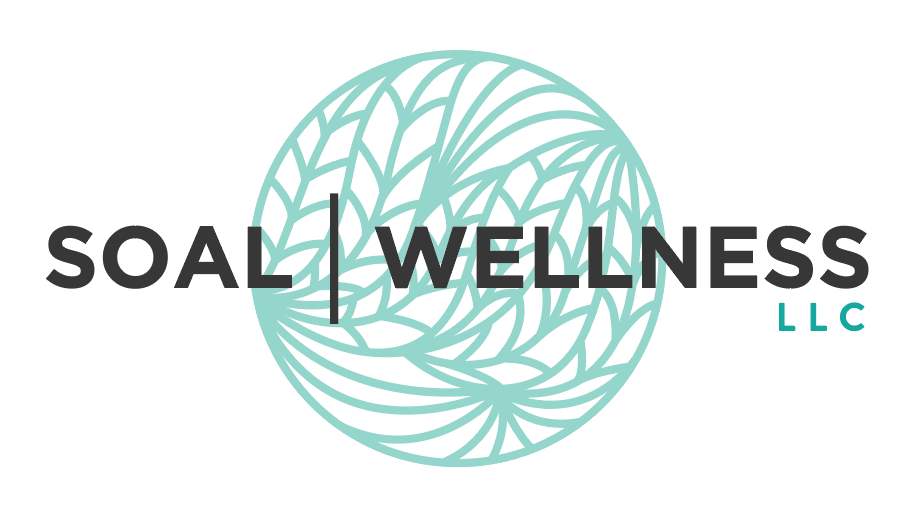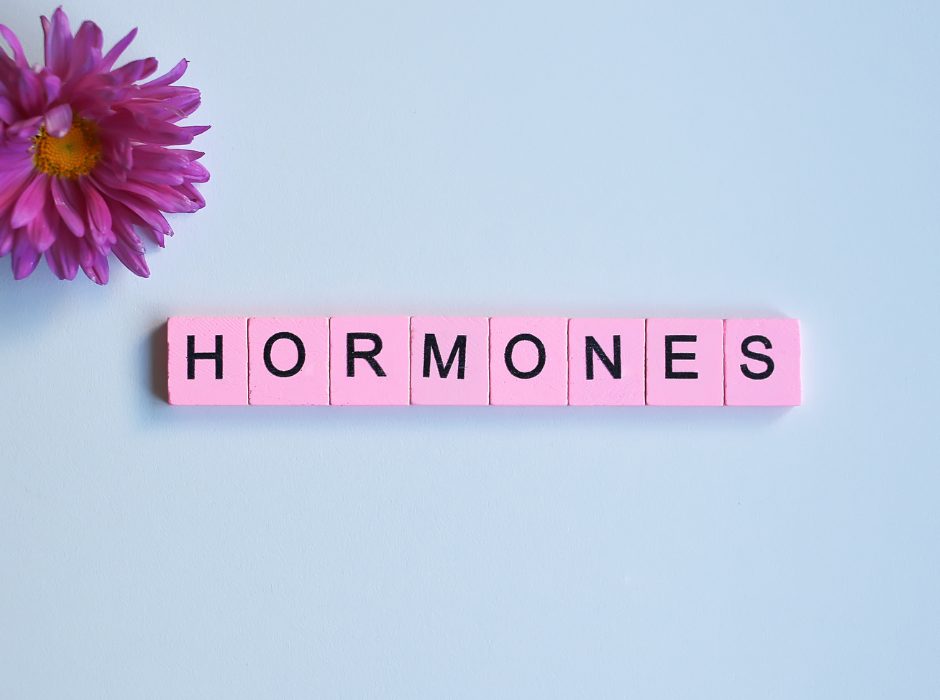Hormones are integral to every system in the human body. Hormones act as chemical messengers that help regulate everything from metabolism to mood. When hormones become imbalanced, these systems can falter, leading to a range of symptoms and potential health issues. It’s essential to recognize the signs of hormone imbalance, understand the implications, and take a proactive approach to managing your health.
What Are Hormones?
Hormones are chemical messengers produced by various glands in the body. They travel through the bloodstream to organs and tissues, influencing many bodily functions. In Greek, the word “hormone” means “that which sets in motion,” which is fitting given their role in regulating processes like growth, metabolism, and reproduction.
However, when hormone levels are too high or too low, they can’t correctly “set in motion” the necessary bodily functions. This imbalance can lead to symptoms that, if left unchecked, may contribute to more serious health issues.
Hormone Imbalance Can Occur at Any Age
While hormone imbalance is often associated with menopause, it can happen at any age. Factors like stress, poor diet, environmental toxins, and certain medical conditions can disrupt hormone levels in younger women as well. Hormone imbalance can cause a range of unpleasant symptoms like irregular or heavy periods, acne, decreased libido, joint and muscle aches and excess hair growth, to name a few.
Symptoms of Hormone Imbalance
Hormone imbalances can manifest in various ways, with symptoms often overlapping with other health conditions, making them tricky to diagnose. Common symptoms include:
- Low Libido: Decreased levels of estrogen and testosterone can reduce sexual desire.
- Hot Flashes and Night Sweats: Often linked to menopause, these symptoms are caused by fluctuating estrogen levels.
- Vaginal Dryness: Lower estrogen levels can lead to dryness and discomfort during sex.
- Irregular Periods: Fluctuations in estrogen and progesterone can cause menstrual irregularities.
- Mood Swings and Depression: Hormone imbalances can significantly impact mood, contributing to anxiety and depression.
- Fatigue and Sleep Disturbances: Imbalanced hormones can interfere with sleep, leading to fatigue.
Taking a Proactive Approach
If you suspect a hormone imbalance, it’s crucial to consult a healthcare provider who specializes in this area. They can perform tests to determine your hormone levels and recommend treatments like hormone replacement therapy or lifestyle changes to restore balance.
Advocating for your health is vital. Don’t hesitate to seek a second opinion if your concerns aren’t taken seriously. By staying informed and proactive, you can better manage your health and address hormone imbalances before they lead to more severe issues.

Exploring Pellet Therapy
For those struggling with hormone imbalances, pellet therapy is an option worth considering. This method involves implanting small pellets under the skin that release bioidentical hormones gradually over time, providing a consistent hormone level that mimics the body’s natural rhythms. Unlike creams, pills, or injections, pellet therapy offers the convenience of long-lasting treatment with fewer fluctuations in hormone levels. This steady release can help alleviate symptoms more effectively and support overall well-being.
Need more information?
If you’re curious whether pellet therapy is right for you, the team at Soal Wellness is here to help. Schedule a strategy session to discuss your symptoms, health goals, and the potential benefits of pellet therapy. Our personalized approach ensures that your treatment plan is tailored to your unique needs, helping you achieve optimal hormone balance and overall wellness. https://api.leadconnectorhq.com/widget/booking/qZP4MLb77w4YJRLwhoi5

